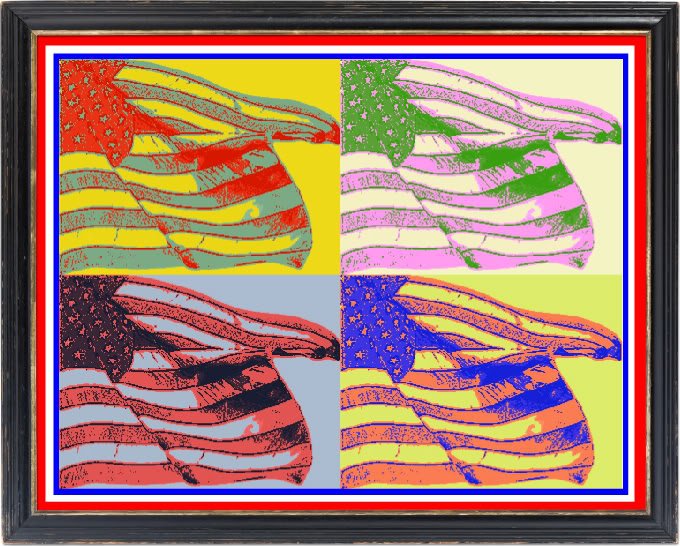S Ericson on October 13, 2022
Bart Bonikowski, Yuval Feinstein, and Sean Bock, “The Partisan Sorting of ‘America’: How Nationalist Cleavages Shaped the 2016 U.S. Presidential Election,” American Journal of Sociology, 2021

In the United States, it might seem like one party has a monopoly on nationalism. But, according to new research from Bart Bonikowski, Yuval Feinstein, and Sean Bock, nationalism mattered in the 2016 election for both Democrats and Republicans. Bonikowski and colleagues found support for several types of nationalism, with Democrats and Republicans increasingly divided by which type of nationalism they support. They also found that this partisanship has increased over time.
The researchers argue that the radical right does not have a monopoly on nationalism. International research on radical-right politics has focused on forms of nationalism grounded in prejudices and resentment. This research focuses on the many different types of nationalism, each with its own view of national collective identity.
In their paper, Bonikowski and colleagues explored a nationally representative survey from the six days before Election Day 2016. They also looked at data from several representative surveys over the previous two decades.
They found that many candidates’ supporters held nationalist beliefs. However, the kind of nationalism people supported differed by their political orientation.The researchers asked how nationalist beliefs impact elections. They found that many candidates’ supporters held nationalist beliefs. However, the kind of nationalism people supported differed by their political orientation.
In fact, they found that over time nationalism is increasingly partisan. From 1996 to 2016, believers in different forms of nationalism sorted themselves into different political parties.
The authors argue that partisan division in nationalism may threaten sociopolitical stability. These ideas of nationhood can be powerful and all-encompassing. In a time of considerable political polarization, increasing partisan division on nationalism could erode social solidarity, consensus and political stability.
No comments:
Post a Comment